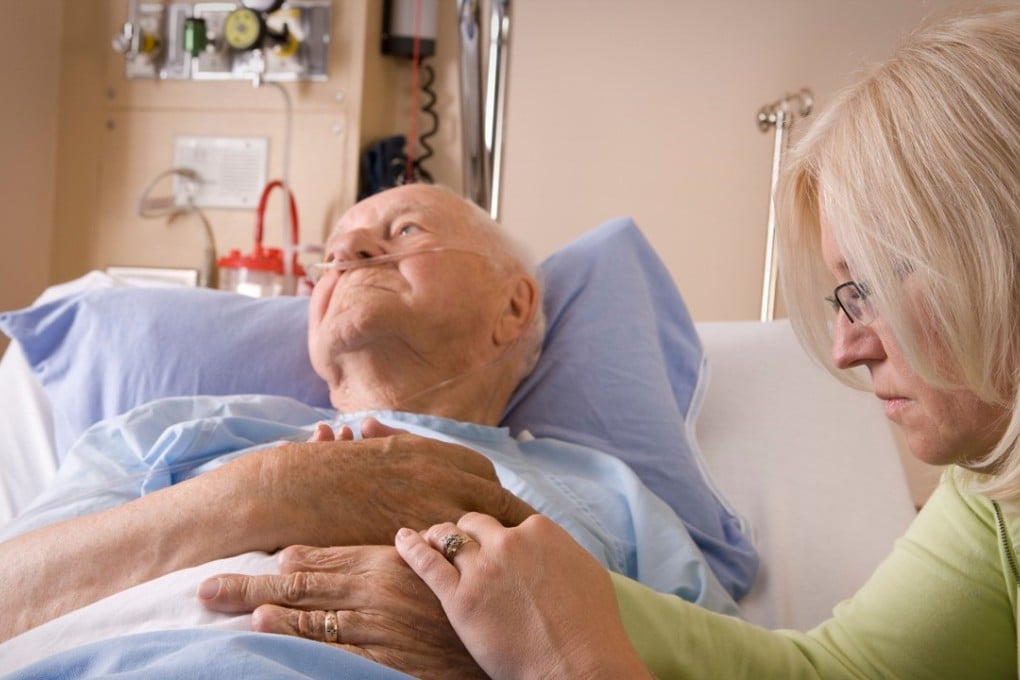The three options terminally ill people have to speed up death
- US doctor Samuel Harrington helped his father decide how to die quicker. Here he considers which option he would choose himself
- Some methods can have unanticipated complications

Four months before he died, my father, a widower of six years and a hospice patient, asked me to discuss techniques for hastening his death. But he did not use that term: “I have lived too long. What can I do?”
He was living in the American state of Wisconsin, where medical aid-in-dying, which allows terminally ill patients to obtain a lethal dose of medicine from a doctor, was not legal.
At first I was afraid that he was asking me, a doctor, to go around the law and supply him with a lethal dose of sedatives. Fortunately, he was not. He was dying of lymphoma and geriatric “failure to thrive” (old age), but it was a slow and unpleasant process. What could he do, he wanted to know, to move things along? He was ready.
It was Christmas Day and I was cooking a few of my mother’s traditional dishes. Gradually, and recognising the irony of simultaneously baking his favourite pie, I eased into a conversation about refusing to eat and drink. We had had this conversation in the past and it always ended the same way. Unlike most of my terminally ill patients, my father had not lost his appetite and would not give up the pleasure that food brought him.
The next day, he had come to decision: he would no longer take any medications designed to prolong his life, he announced to his family, carers and hospice nurses. These included heart pills, blood pressure pills and electrolyte supplements. He would, however, continue palliative medications, including tranquilisers and pain pills. My father died painlessly exactly four months later from the effects of multiple ministrokes.
